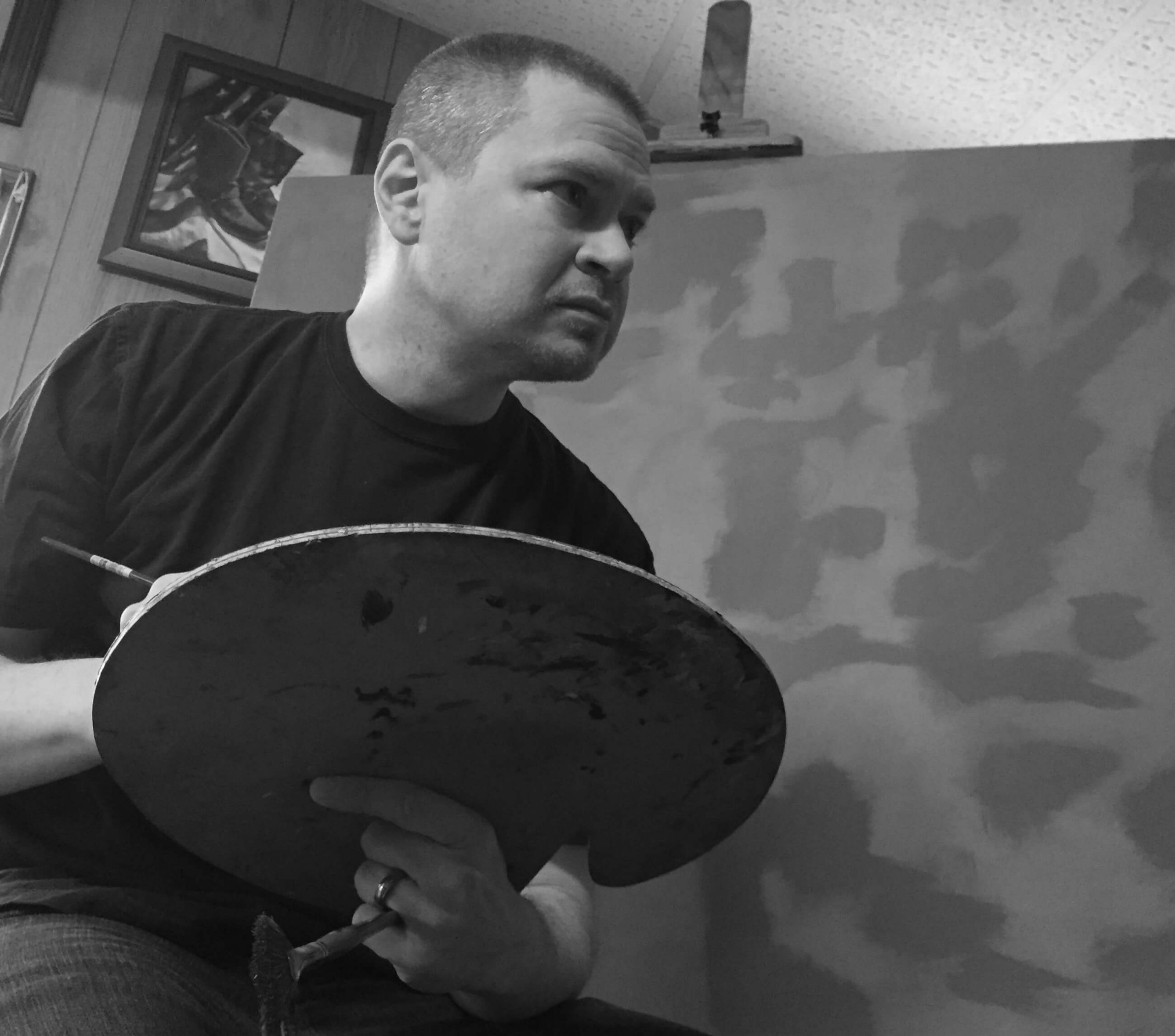I remember the day I was in my painting class at undergraduate school in the late 1990s. My professor gave all his students photocopies of four pages in ArtNews magazine. The photocopied text was Odd Nerdrum’s kitsch philosophy.
My professor only said he wanted us to read it. The topic of kitsch, however, much less what it meant to students in a 20th century art school, was never brought up in class. To this day, it isn’t clear to me why he gave us those photocopies. Recalling the personal work of that professor, I can’t help but wonder if he saw the text as a kind of salvation or escape route from the path he had found himself on.
By the time I read Nerdrum’s kitsch philosophy, I was already fixated on his work and obsessed with learning how to create the kind of dark, dramatic narratives he made in oils. I furiously studied and painted failure after failure, creating entire bodies of work that I didn’t show to my professors, searching for the secrets of the Old Masters. In 2004, I came to Norway and found colleagues in Odd Nerdrum’s studio who were searching for the same things I was; the handcraft traditions and storytelling techniques of the Old Masters and the Greco-Roman tradition.
In the two decades I have immersed myself in the kitsch philosophy, I have read no art theory or criticism that refutes its principles. Kitsch is sentimental, sensual, and appeals to the timeless of human experience, and creating quality works of kitsch requires a heightened level of talent and skill. Art is an unceasing linear march towards a disconnect from humanity, having nothing to do with handcraft or skill. The principles of kitsch can’t be refuted because the art establishment, through more than a century of criticism and oppression, has so perfectly defined it; kitsch is all that is evil to art.
Because the sentimental, timeless, and sensual is evil to art, I am not an artist. I am a kitsch painter, and happy to be so.
